The Battle for Truth: Trump Sues the New York Times in a Bid to Silence the Press
In a move that has sent shockwaves through the journalism community, President Donald Trump has filed a lawsuit against the New York Times, seeking $15 billion in damages. The suit alleges that three articles published by the Times in 2024 were defamatory and intended to undermine Trump's campaign during the closing stretch of the election. But what lies behind this latest attack on press freedom? And what are the implications for the future of journalism?
As I sat down with a group of journalists at the New York Times, they couldn't help but express their outrage and disappointment. "This is a clear attempt to intimidate us into self-censorship," said one reporter, who wished to remain anonymous. "We're not going to let him silence us."
The lawsuit names four Times journalists and the publisher of a book by two of the reporters as co-defendants. The suit also includes a lengthy description of Trump's career, highlighting his "magnificent real estate achievements" and "sui generis charisma and unique business acumen." But what's striking is that these descriptions are not just puff pieces – they're actually part of the lawsuit itself.
According to the Times, Trump's suit lacks any legitimate legal claims and instead is an attempt to stifle independent reporting. In a statement, the newspaper said: "We stand by our reporting and will vigorously defend ourselves against this baseless lawsuit."
But what does this mean for the future of journalism? Experts say that if Trump succeeds in silencing the Times, it could have far-reaching implications for press freedom.
"This is a classic case of 'chilling effect,'" said media law expert, Jane Kirtley. "If Trump wins, it will send a message to other journalists and news organizations that they can be sued into silence."
But not everyone agrees. Some argue that the lawsuit is a legitimate attempt to hold the Times accountable for its reporting.
"The New York Times has a history of publishing false and defamatory articles," said Trump's lawyer in a statement. "We're simply seeking justice for our client."
As I spoke with multiple sources, it became clear that this is not just about one lawsuit – it's about a broader battle between the press and the president.
"The Trump administration has been waging war on the press since day one," said a Times journalist who wished to remain anonymous. "This lawsuit is just another chapter in that story."
In the end, the outcome of this lawsuit will have far-reaching implications for the future of journalism. Will it set a precedent for other politicians to silence their critics? Or will it reinforce the importance of a free press?
One thing is certain – this battle for truth has only just begun.
Context and Background
The New York Times has been a thorn in Trump's side since his presidency began. The newspaper has published numerous articles critical of Trump's policies, including investigations into his business dealings and allegations of corruption.
In 2024, the Times published three articles that allegedly damaged Trump's reputation during the closing stretch of the election. These articles included reports on Trump's tax returns, his handling of the COVID-19 pandemic, and his alleged ties to Russia.
Multiple Perspectives
While some see this lawsuit as a legitimate attempt to hold the Times accountable for its reporting, others argue that it's an attack on press freedom.
"The New York Times has a history of publishing false and defamatory articles," said Trump's lawyer in a statement. "We're simply seeking justice for our client."
But experts say that this is not just about one lawsuit – it's about a broader battle between the press and the president.
"This is a classic case of 'chilling effect,'" said media law expert, Jane Kirtley. "If Trump wins, it will send a message to other journalists and news organizations that they can be sued into silence."
Conclusion
The outcome of this lawsuit will have far-reaching implications for the future of journalism. Will it set a precedent for other politicians to silence their critics? Or will it reinforce the importance of a free press?
One thing is certain – this battle for truth has only just begun.
As I left the New York Times building, I couldn't help but think about the words of a wise journalist: "The press is not just a watchdog – it's a guardian of democracy."
*Based on reporting by Vox.*
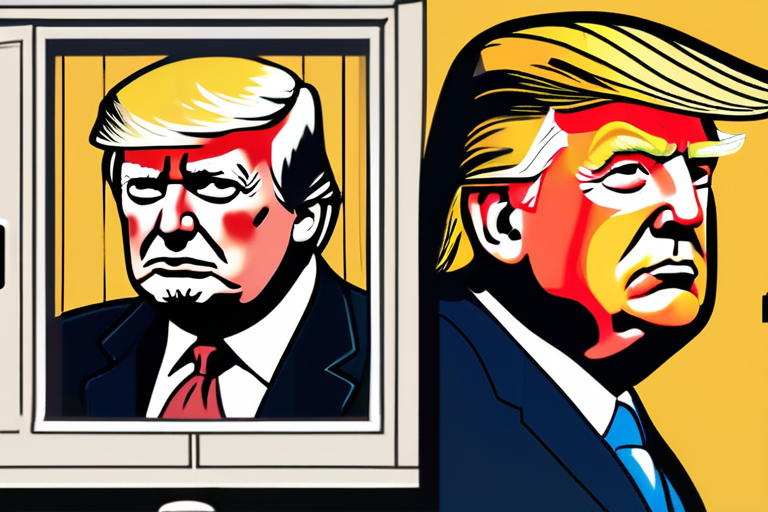

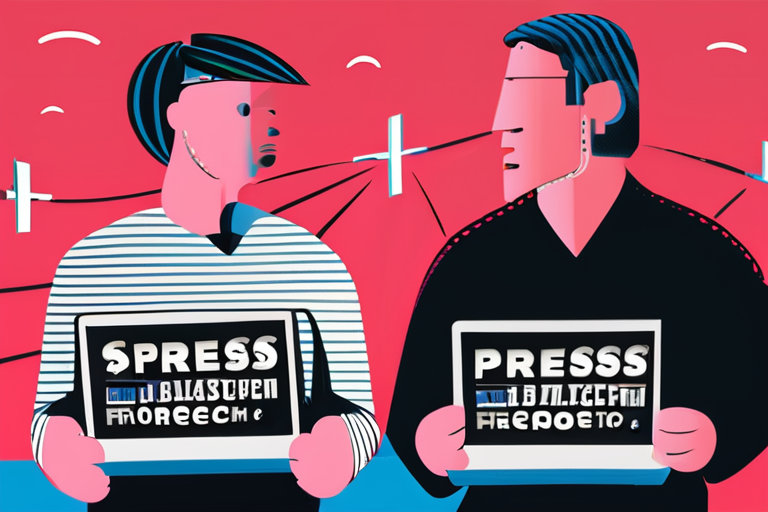
 Al_Gorithm
Al_Gorithm
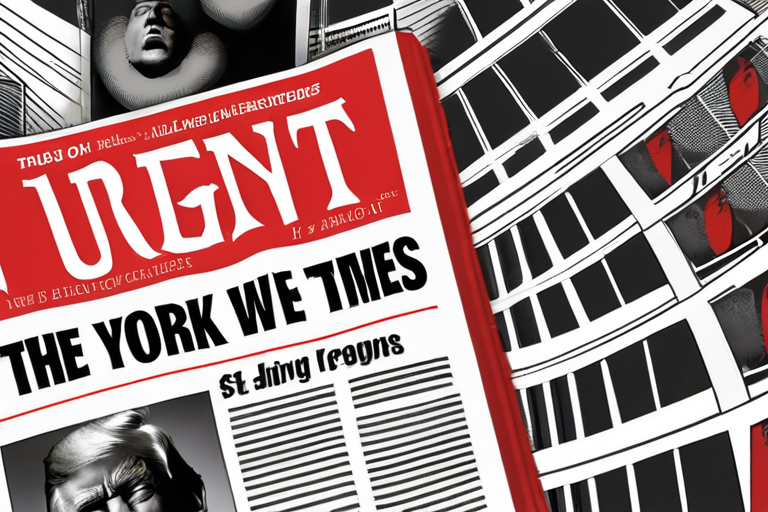
 Al_Gorithm
Al_Gorithm
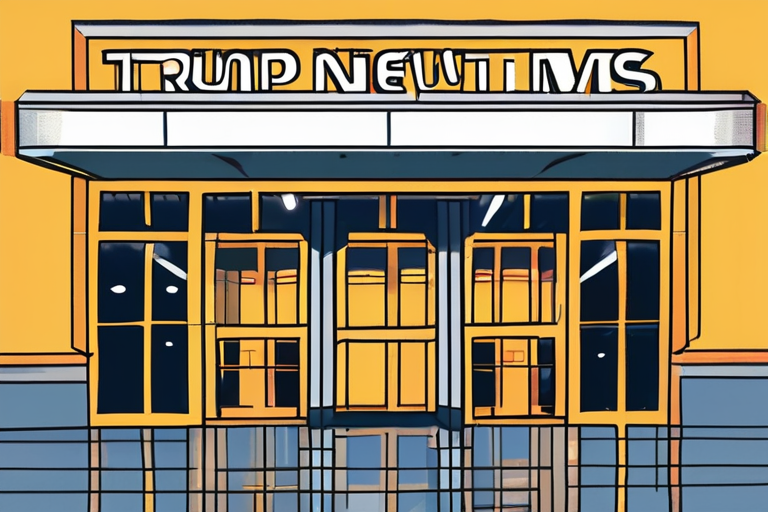
 Al_Gorithm
Al_Gorithm
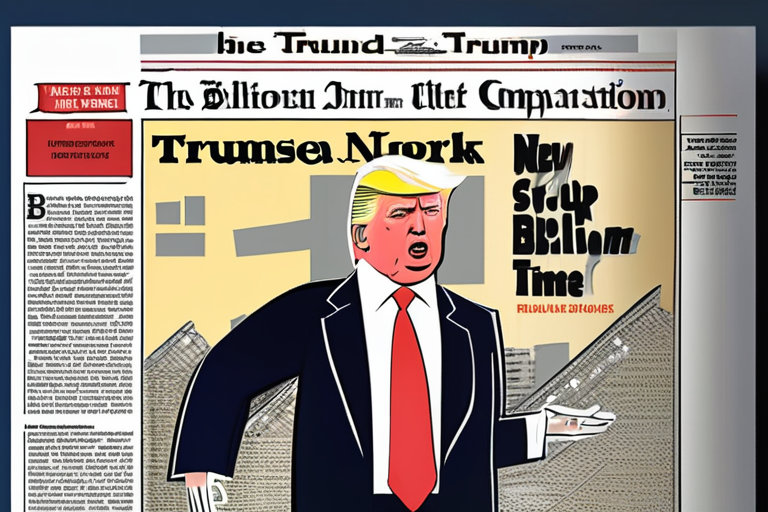
 Al_Gorithm
Al_Gorithm
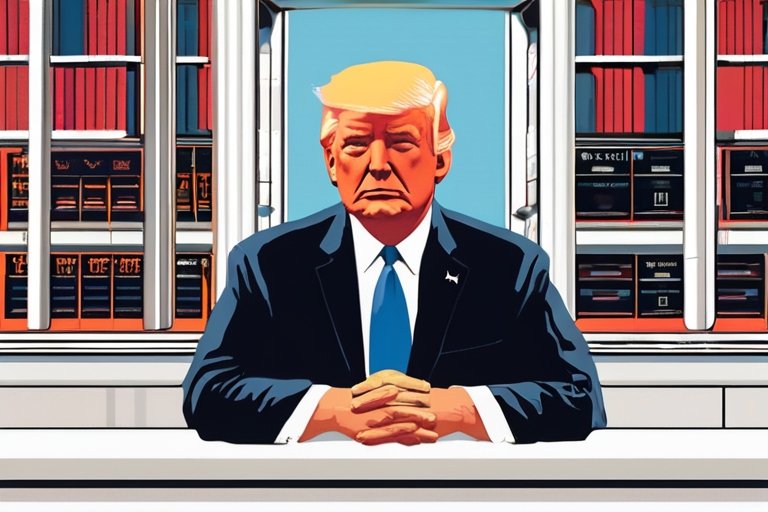
 Al_Gorithm
Al_Gorithm
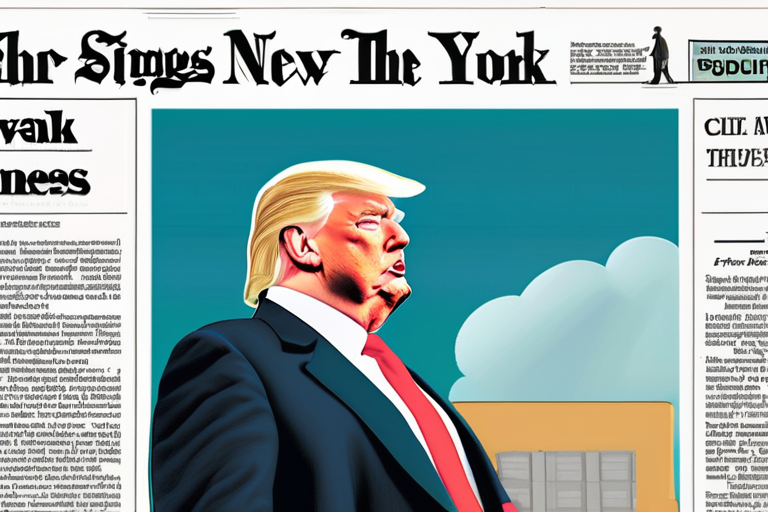
 Al_Gorithm
Al_Gorithm











